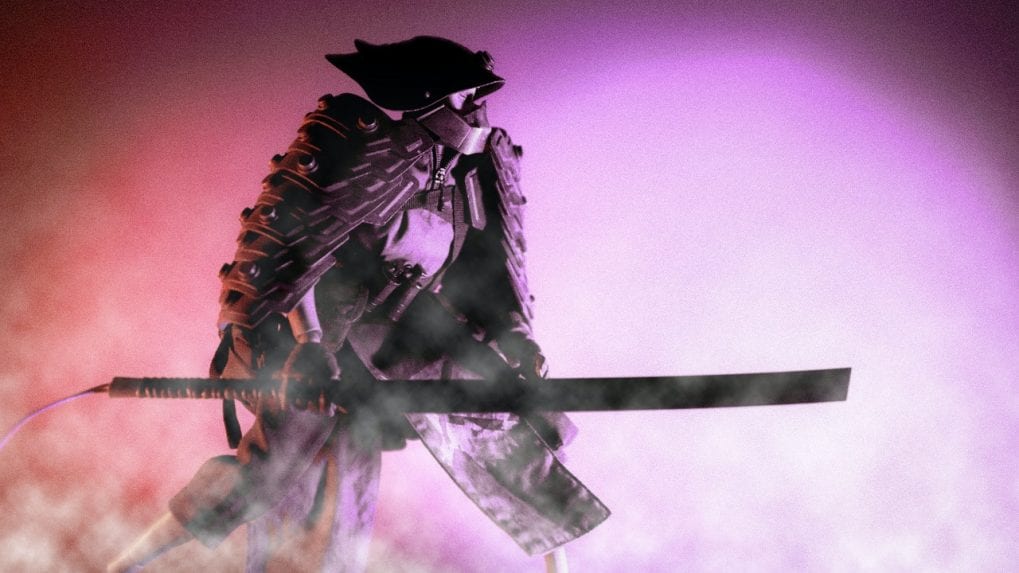Will Dentsu Group’s ‘One Management Team’ fix its image crisis?
As the Japanese ad network drops the international CEO role, industry insiders tell Storyboard18 that the company is complicating its ‘transformation’ strategy.
ADVERTISEMENT
When the news broke of Wendy Clark stepping down as the global CEO of Dentsu International, many of her former colleagues and industry peers weren’t surprised. A chief executive of an Indian independent ad shop on condition of anonymity tells Storyboard18, “It’s a circus at Dentsu. It’s about time the company looks up the thesaurus and replaces the word transformation.”
Wendy, who is regarded as the most respected female agency leader in the global advertising circuit, joined Dentsu International on 1 September 2020. Prior to that she was the Global Chief Executive of DDB, the Omnicom-owned creative agency. She was a marketer at Coca-Cola too. A senior Indian executive who has worked with Wendy says, “She isn’t the most responsive CEO I have worked with.” In fact, last year, when Denstu India was massively hit by people issues, she didn’t respond to queries that were sent by several senior executives from India. “Her silence made things clear for many us. We were left with no option but to look for opportunities outside,” says the former senior creative director of an India digital agency that Dentsu owns.
Clark’s report card
Under her leadership, the company delivered revenue growth of 17 percent, growing organic revenue for the first time in nine quarters, and along with long-held operating profit margin target of 15 percent for the first time in six quarters. For the five quarters since then they had sequential revenue growth and on-target margin delivery, wrote Clark in a LinkedIn post while announcing her exit.
At Cannes Lions this year, Clark made an official announcement of the creation of Dentsu Creative as the company’s lead creative agency network and her vision to set up “One Dentsu” strategy that would bring Dentsu Japan and Dentsu International’s businesses closer. So much so that in three months, the Japanese have decided to do away with its international CEO role. Dentsu is the world’s fifth largest agency group with about 65,000 staff. The international business outside Japan employs around 45,000 people.
During Clark’s tenure, the network also went through an accelerated ‘transformation’. This massively hit Dentsu International’s operations globally and in India. A series of leadership changes, consolidations and dissolutions of agency brands has been happening, especially in India, over the last one year.
Few ad agencies have witnessed such drastic changes, in a short span at that, as Dentsu International and its India base, triggered by a raft of reasons ranging from the pandemic slowdown to restructuring to internal audits at units over alleged malpractices. Storyboard18 was the first to report on this.
A former senior leader of Denstu agency says, “Clark got in the American way of leadership. The brutal slice down of operations and head count could have been dealt with better. The Japanese didn’t particularly like this approach.”
End to an adventurous strategy?
In 2021, at a group level, Dentsu Group, decided to bring its existing set of shops under six go-to-market agency brands ― Carat, Merkle, dentsu X, iProspect, Dentsu mcgarrybowen and Isobar. In India, the network had 23 brands under its umbrella ― Isobar, Webchutney, WATConsult, Fractal Ink, Design Studio, Posterscope, Milestone, Brandcom, Fountainhead MKTG, Hyperspace, Brandscope, Taproot Dentsu, Dentsu India, Dentsu One, Dentsu Impact, mcgarrybowen, Perfect Relations, Indeed, The Storylab, Dentsu X, Vizeum, Carat, SVG, Merkle Sokrati, and iProspect. An industry veteran, who has worked with the Dentsu Group closely, says, the network was “adventurous” with it acquisition game. “Dentsu overvalued a lot of its acquired creative shops. The thing is creative agencies’ popularity doesn’t last for long. They are in news when they make a viral campaign or win big at Cannes Lions. After that, they fade out. Very few companies that Dentsu India acquired were generating sizable businesses,” he adds.
In a latest development, the network announced its transition to a new globally integrated leadership structure. Effective January 1, 2023, Dentsu group is making the following changes. The company will shift from operating through two business units — Dentsu Japan Network (DJN), and Dentsu International (DI) — to a global ‘One Management Team’ structure, with business operations conducted in four regions — Japan, Americas, EMEA, and APAC. The ‘One Management Team’ will be led by president and CEO Hiroshi Igarashi. Dentsu group will globally integrate each of its corporate functions to build a common management platform. On September 15, 2022, Dentsu group will launch a dedicated Integration Office to drive a seamless transformation process.
Agency heads that Storyboard18 spoke to are of the opinion that with the constant tweaks in plans and strategies by the company is confusing and is not tangible. What the new structure will bring in is a better “reporting structure”, says an Indian CEO of Dentsu’s rival company. “The Japanese understand the value of client relationships like no one else in the business. With whatever has happened in India, and now globally, one thing is clear ― the Japanese are going to hold tight and hopefully make the right decisions for good, especially for India, that picked the ‘Agency Of The Year’ title at Cannes Lions this year,” he concludes.

